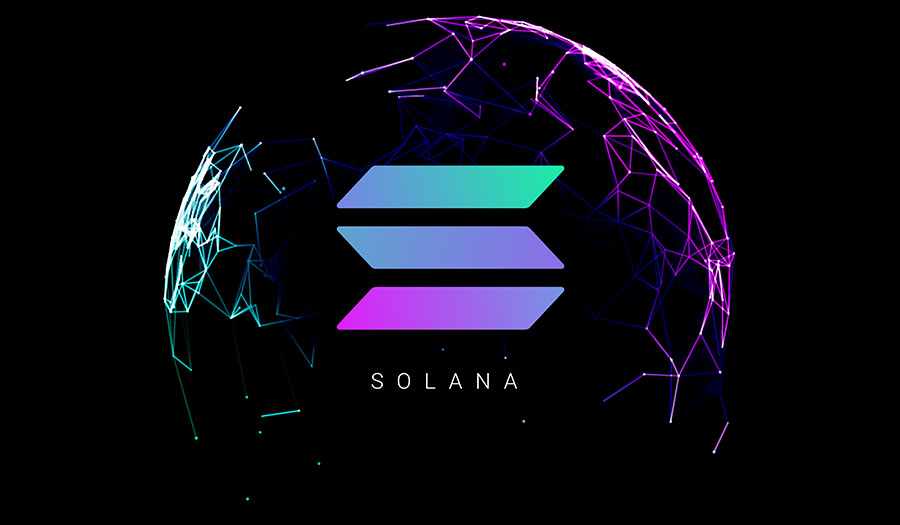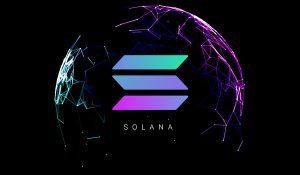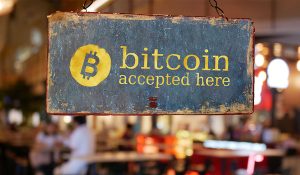If you want to own Solana, and want to create it yourself rather than buy it, it is important to understand the possibilities. In general, how can Solana mining be done? We have put together the most important facts!
First of all, what is Solana?
Solana was created to build crypto applications. It is an open infrastructure. It is considered to be very fast and secure, and the possibility of censorship has been effectively eliminated. It is unique in that it uses a process called Proof of History. This, together with other improvements specific to Solana, makes it a very scalable network.
The hallmark of this exceptional blockchain is its fast and low-cost operation. For example, the transaction fee is only $0.00025. This is very affordable compared to other solutions. And the blocking and finalization is done in a second. Solana system development offers many benefits for the savvy user. It has a very high level of compatibility with other systems and outstanding enterprise-level security. The open technology allows development in many programming languages, such as C, C++ or even Rust.

How does Solana work?
It does not use a timestamp to prove events, but the Proof of History concept mentioned above. This ensures that it works efficiently. It uses Bitcoin SHA 256 as the algorithm. This algorithm was also enhanced with a delay function, which was essential for the PoH function. The order of transactions is also recorded. This allows for a very high transaction count.
The mysteries of Solana mining: what can and cannot be done?
In practice, the Proof of Stake method cannot be used to mine this coin, no matter how powerful the hardware. Fortunately, however, Solana provides us with two methods if we want to contribute to the network, in exchange for some reward.
One of these options is staking. We can do this if we already have Solana coin. We can do this with the network validators. In effect, we can deposit our coins as if we were depositing our money in a bank. If we do not trade our cryptocurrency but choose to deposit it, the network validators will pay us a reward of around eight percent in exchange for helping to validate the transactions that take place in the system.
The other option is validation. We can do this by connecting a high-performance server machine to the network, which helps to validate the transactions that are created there. If we do so, and play our part as a validator in the development and operation of the cryptocurrency, we will receive a commission on the coins we help to create. This solution involves relatively high start-up costs.

How much profit can I make doing this?
With staking, you can expect a return of approximately eight per cent on the cryptocurrency you stake. If you want to make a profit as a validator, you’re in a completely different ball game. If you want to do that, you’ll need considerable Linux development skills. In addition, access to a good quality server will also be necessary for this activity. Here we can safely expect to invest millions if we want to produce a significant amount of SOL for ourselves.
To sum up, becoming a Solana steakhouse is very easy, just a few clicks away. However, the validation journey is much more bumpy and requires learning a lot of new skills. We have a lot of related information on our blog!




